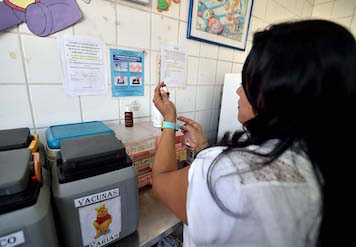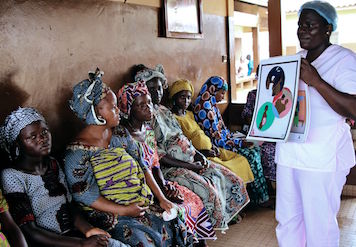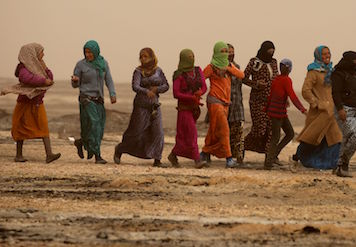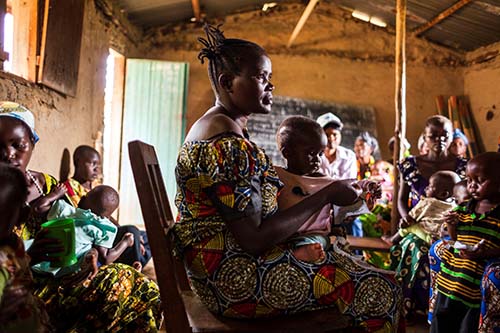Resources
The resources you will find here serve as important background documents for the Task Force. They provide an overview of key areas, and have been formative to deepening our understanding of women’s and family health, as well as the cross-cutting areas of innovation, integration, the role of the private sector, and the refugee crisis.
We are grateful to the Institute for Health Metrics and Evaluation (IHME), the Kaiser Family Foundation, PATH, Protect the People, and Rabin Martin for contributing to this body of work. Our final set of recommendations will incorporate some of the major themes that have emerged from these reports.
Cross-Sectional Studies
Multisectoral Integration
The new administration and Congress face a unique
opportunity to help improve the health outcomes for
women and families—especially adolescent girls and
young women—through smart, multisectoral
integration. While there are many challenges to
integration, there are clear benefits to moving
forward at this time, given evidence that
integration not only helps to achieve better health
outcomes through a more comprehensive approach, but
it helps to create more resilient, sustainable, and
stronger health systems. —
Download
Private Sector
As we survey the landscape of women’s and family
health—especially the health of adolescent girls and
young women—and think about sustainable solutions to
improve population health outcomes by enabling more
people to obtain the care and treatment they need,
it is important to take a fresh look at the roles
that the private sector is playing or could play in
the future. —
Download
Refugees
This paper explores the global health implications
of the refugee and migrant crisis, highlighting what
U.S. government agencies are doing in four key
areas: maternal health, reproductive health,
nutrition, and immunizations. It reviews the funding
mechanisms available to address the needs of
displaced populations and specific initiatives
related to global health. —
Download










